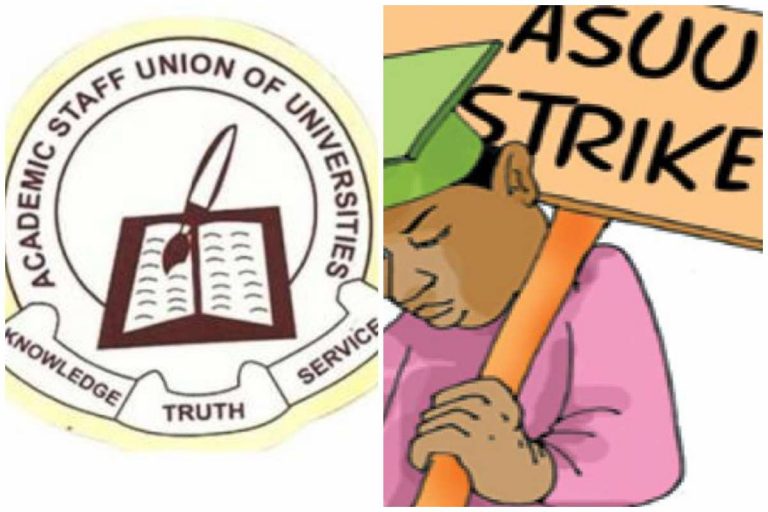The Need for Restructuring the Nigerian Education System

Nigeria lately has been a bedrock for restructuring calls. The country is balancing on a knife edge. The only way forward seems to be a change in the structure of government within the country. In this sea of displeasure, nothing has been said on the state of the education industry. Given the state of affairs, I argue that there is a need for restructuring the Nigerian education system.
Most citizens in the country will agree that the sector leaves much to be desired. More and more graduates are being released from schools without the knowledge which their degrees claim they have. Free education, though free, isn’t qualitative. The education structure leaves much to be desired when compared against the best education systems around the world.
The Need for Restructuring the Nigerian Education System
There are many reasons why Nigeria needs to restructure its education system. I will not mention all of them as that would be impossible; one man’s meat, another man’s poison. The few I take on, though, will be explained as much as humanly possible.
Inappropriate Entry Requirements.
A few weeks ago, The Joint Admissions Matriculation Board gave a rather startling announcement. In my day, JAMB exam was probably the toughest exam in the country. It was the exam that weeded the great and the good from everyone else. Thus, people that passed the exam were considered to be the best of the best. Back then, cut off marks for a pass grade were much higher than they are today.
The JAMB registrar announced the reduction of the cut off mark for their exams from a hundred and eighty out of four hundred to a hundred and twenty. As if a hundred and eighty wasn’t low enough, a hundred and twenty is an open invitation to just about everyone. Those of us who have seen the four walls of a university and gone through the rigors, can clearly state it is not child’s play. This decision by the Joint Admissions Matriculation Board sounds the death knell for quality graduates in the nation.
Inadequate Staffing
Our colleges of education are a travesty. Teachers are the worst trained professionals in the country. The fact is, education is an industry seen as the last bus stop. This can be proven by the entry requirements which are the lowest in comparison to universities and polytechnics. In Universities Education courses are also the easiest to gain admission to. The lowest scorers are pushed there. Though the system is better structured and they are taught better, this does not really improve the quality of graduates nor does it address the very important motivation issue.
In most states, the faculties of education in their universities are the official dump sites and graveyards for academic dreams. A student who fails at engineering or medicine gets transferred to computer science or micro biology. Further failure will result in a trip through the faculty of agriculture, or straight on the faculty of education. Hence, the education faculty becomes a pool of rejects. Thus, the people here are not necessarily interested in the resultant profession or the industry. We therefore end up with a pool of lackadaisical teachers sitting on a lot of anger, frustration and resentment. Recipe for a disaster.
To solve this problem, most schools go for the B.Sc or B.A holder who then become glorified clerks paid stipends for their work. A B.Sc holder knows a lot about science but not much about passing on what he or she knows Same goes to the B.A Holder, or B.Mus or whatever other Bachelors honors except the B.Edu graduate.
Read also: The Problems with Nigerian Education System
The Mediocrity Factor
Nigerian schools are a cesspool of mediocrity. The above stated factors in combination with the structure of the syllabus and its interpretation has led to this situation. Most Nigerian schools can be defined with the phrase “Jump”, “How high?”. Critical thinking is not encouraged in our schools. Everyone wants quick answers to life’s questions and are not willing to go the extra mile. Pupils and students depend on already discovered knowledge with little or no interest in finding out the truth for themselves. Hence, the regurgitation of information.
Growth cannot occur while we depend on another’s knowledge. The fact something works somewhere else does not mean it will work for you. Science is beholden to the environment. Gravity exists but differs outside the earth’s atmosphere. Imagine if we all believed the gravity equation was the same everywhere. Knowledge, though borrowed, must be adapted. Even better where the knowledge can be acquired without borrowing, hence go out and experiment.
We need a situation where our pupils and students can go out with knowledge and not just what they read to pass an exam. The only way this can be achieved is ensuring practical understanding by applying practical tests of what they have learned. It’s possible to do this as can be seen with the Japanese or American education system.







